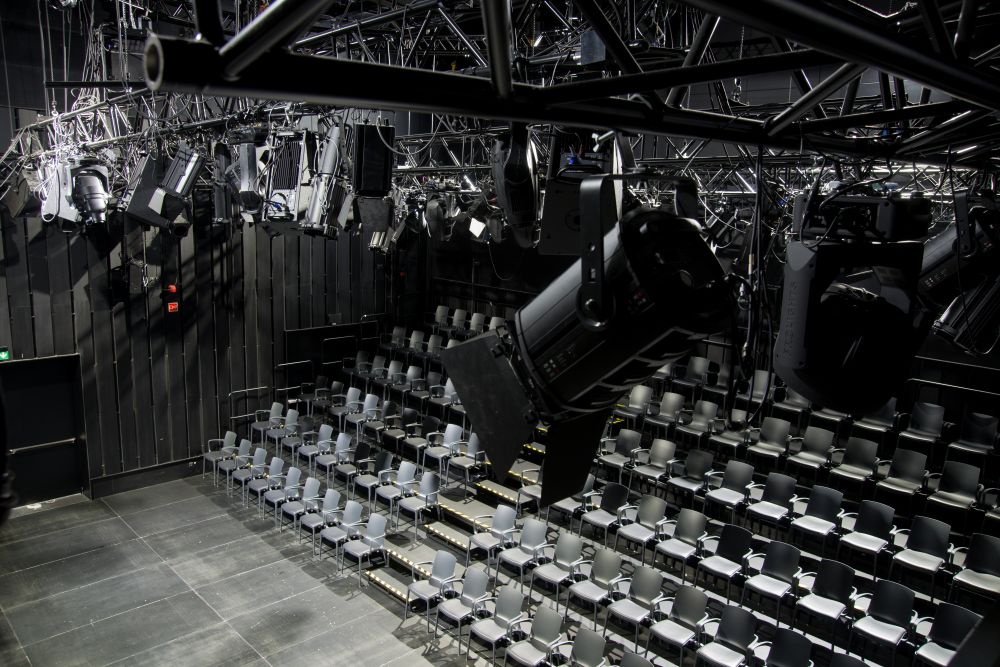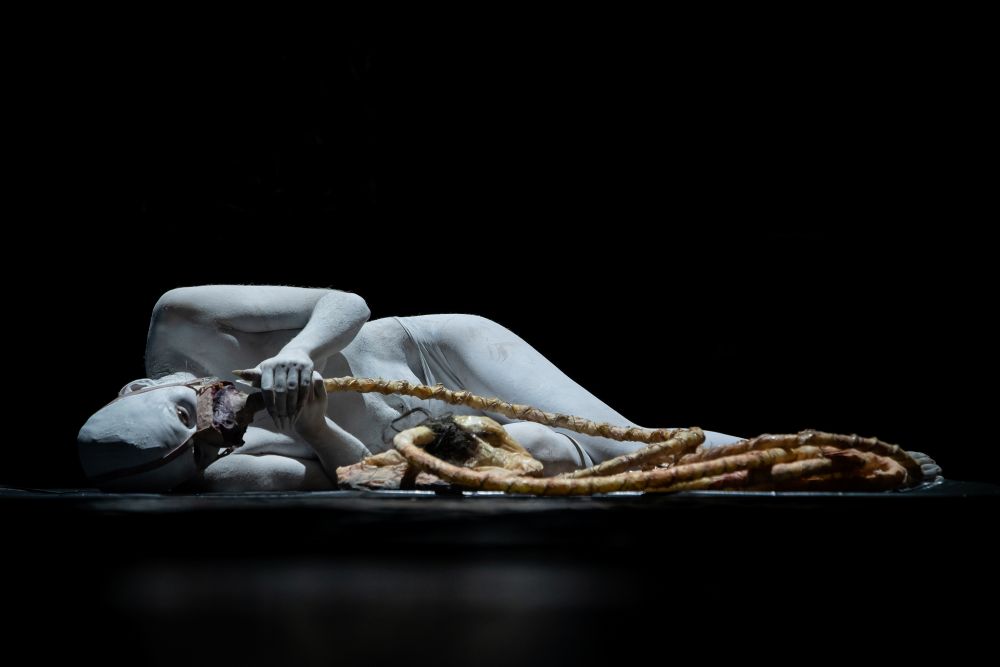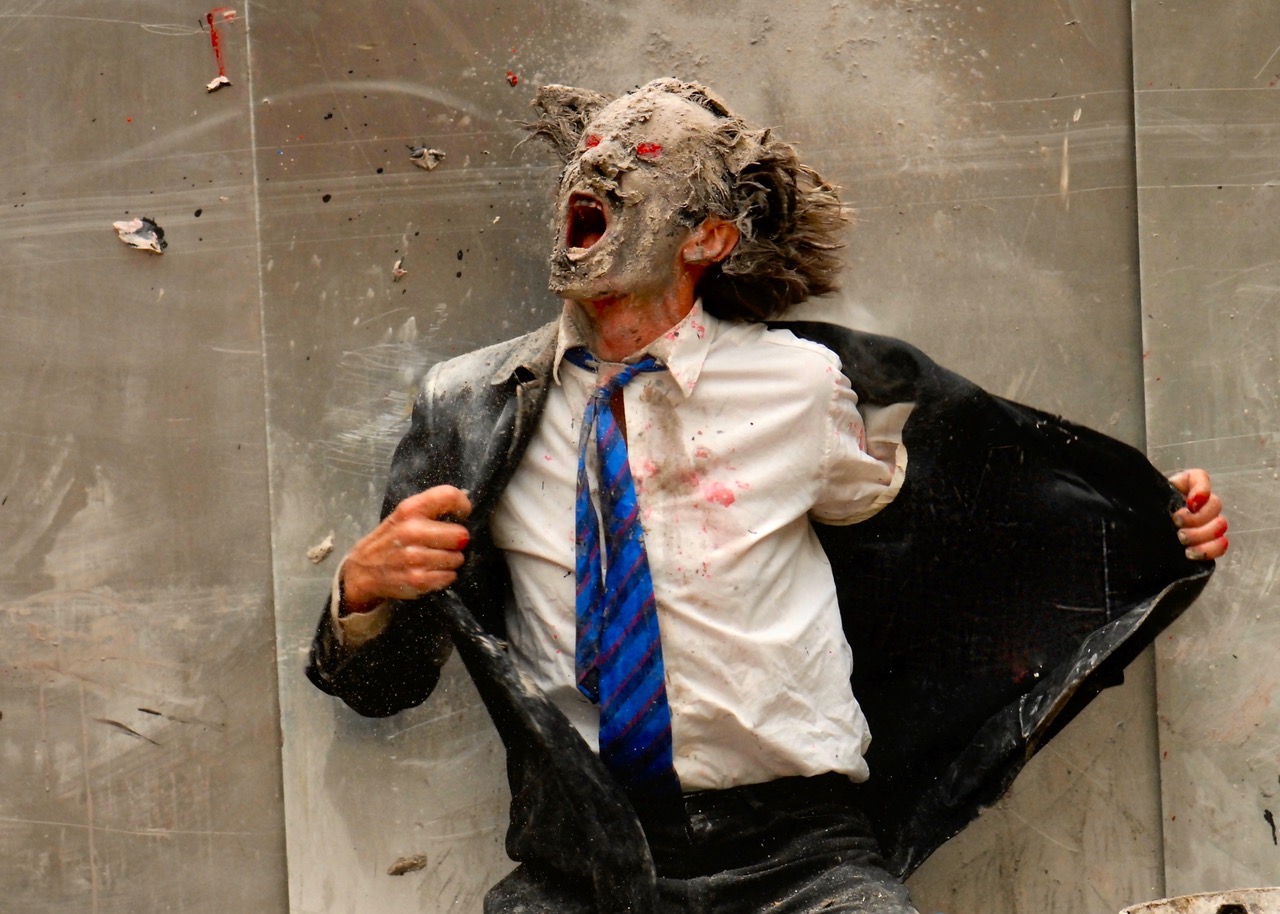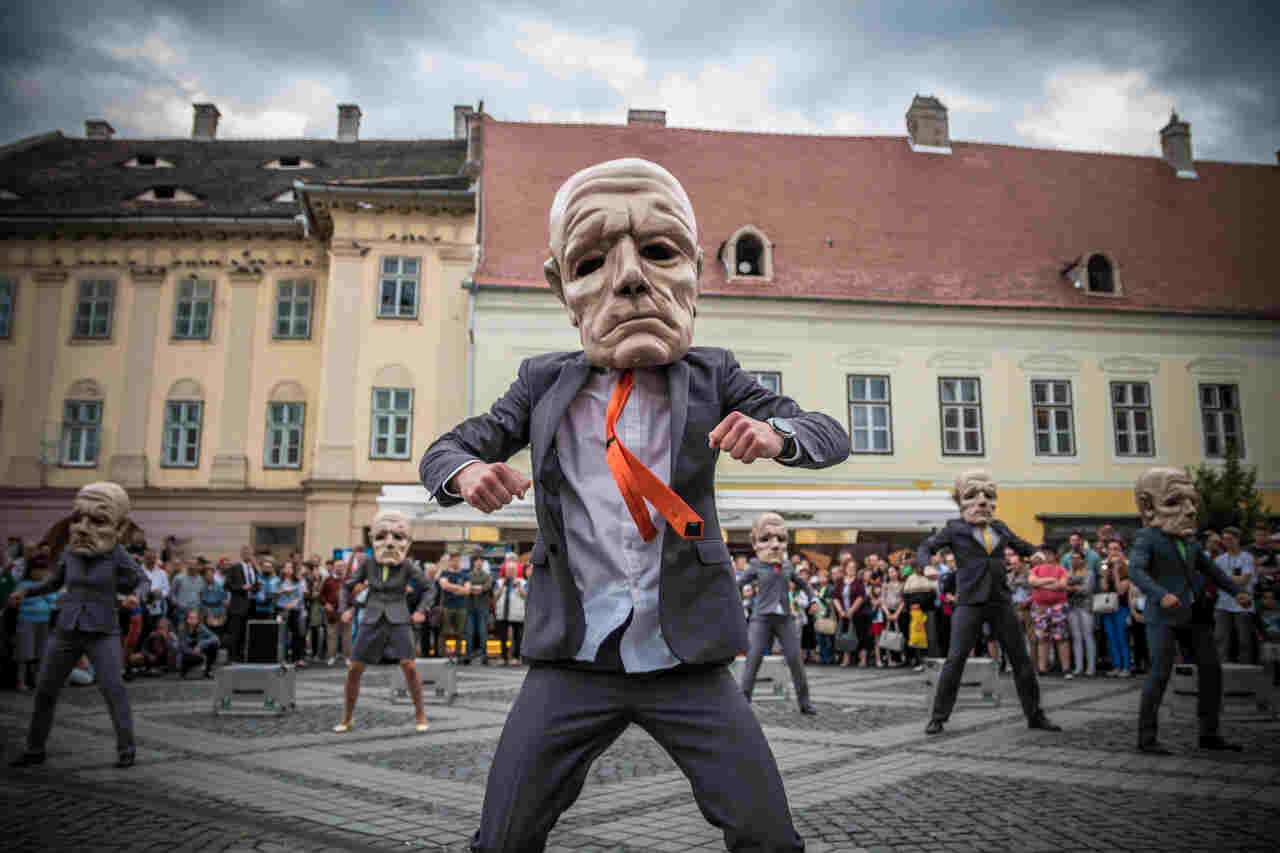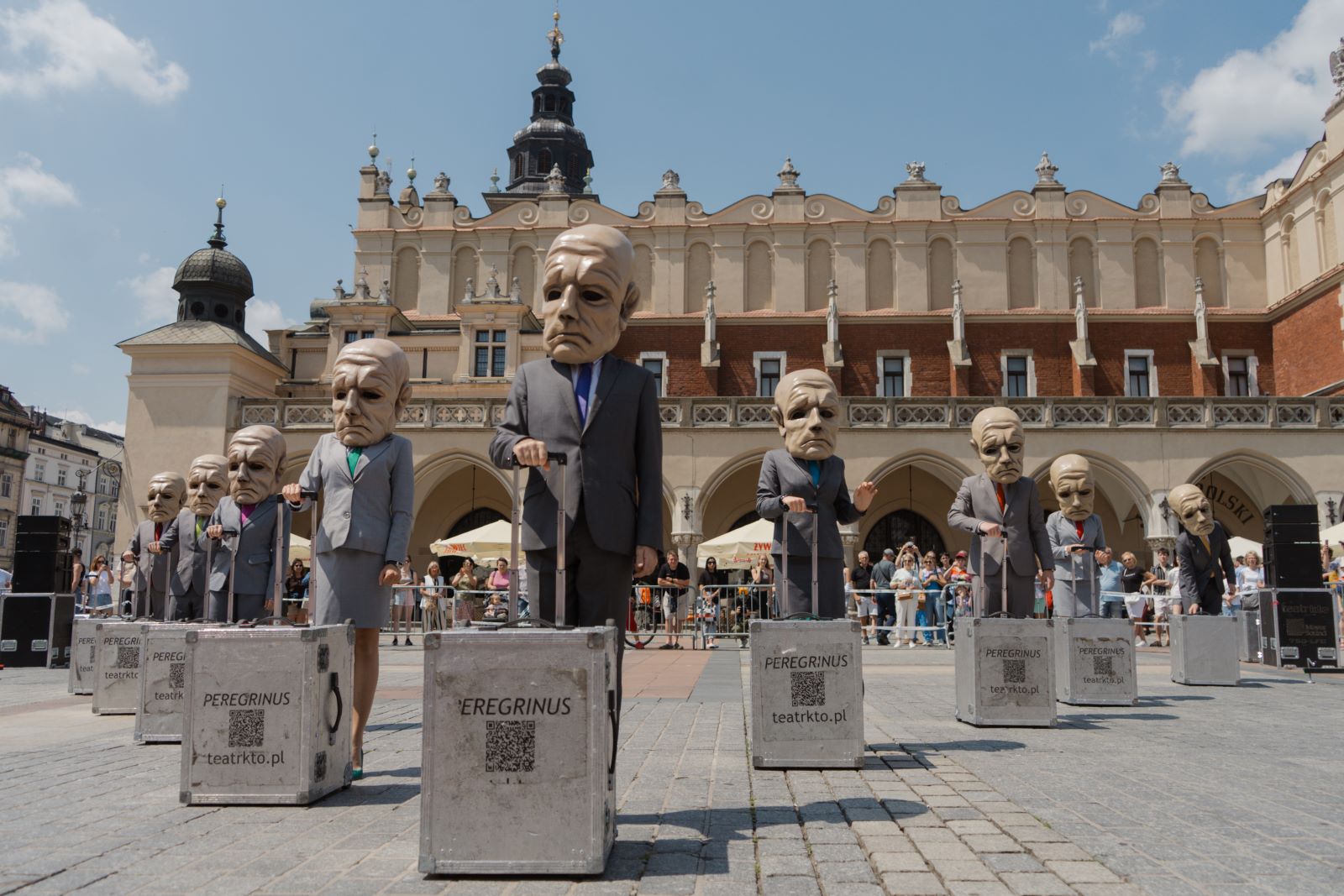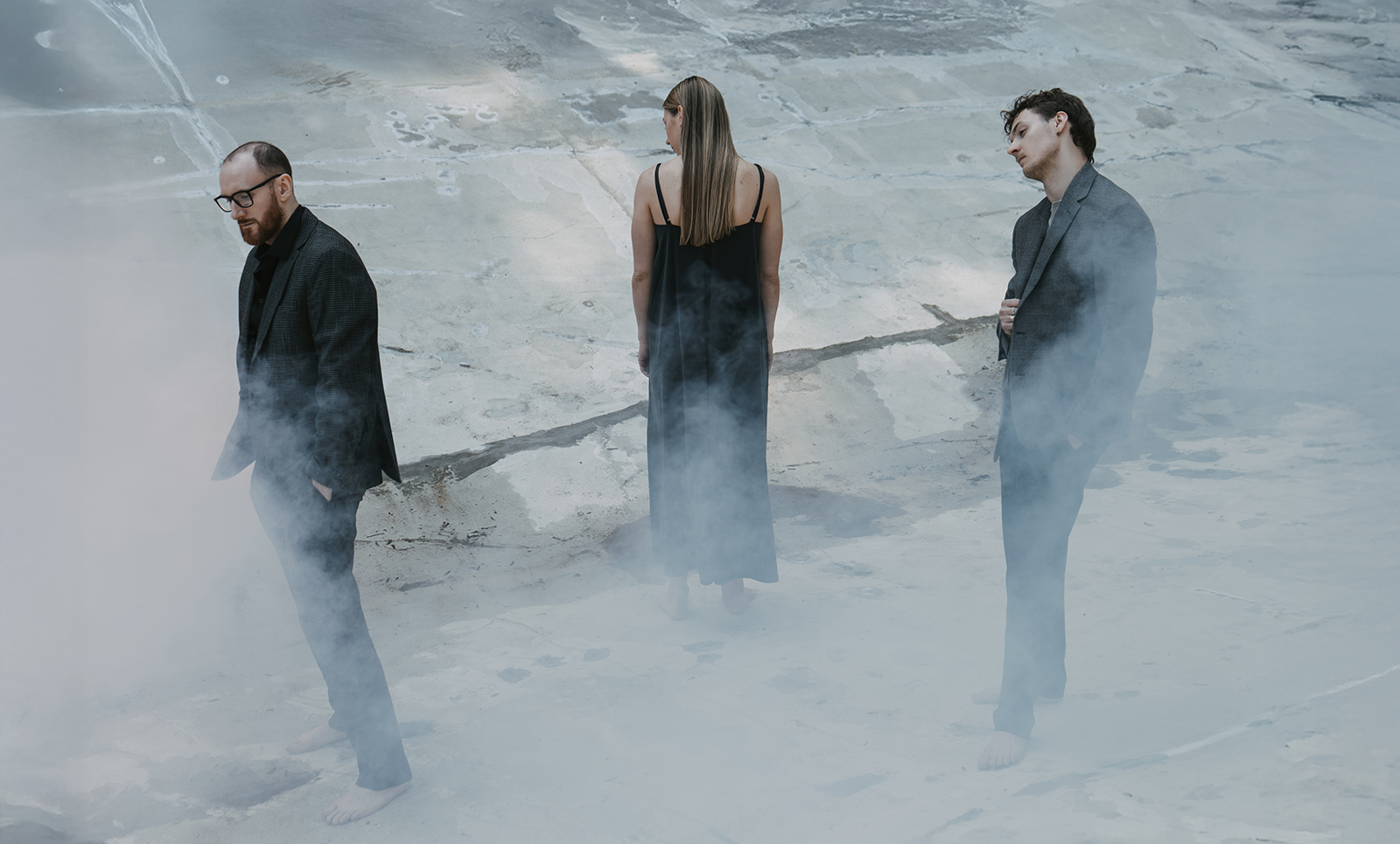If you are going to put together the life of the KTO theatre in its entirety then you might want to sit down and rack up all the places it has been to on tour. However, would it not be more tasteful to play Leporello’s "Catalogue" Aria from "Don Giovanni" by Wolfgang Amadeus Mozart, where the servant of the all-time greatest lover consoles the recently jilted Elvira by intoning an inventory of his master’s amorous conquests? He goes on for what seems like an eternity. There were older ones and younger ones, duchesses and marquesses, upper class women, chambermaids and peasant girls, blondes, brunettes and those with brown hair, tall ones, those of medium height and petite ones; there were plump ones in winter and slim ones in July, all in all there were simply all types and everywhere: Italy – 640 conquered, Germany – 231, France – 100, Turkey – a poor result but still 91 victories, and finally a record score in Spain – as many as 1003 ladies passing out between the white bed sheets. In other words, all of them everywhere. Everywhere, just like the KTO Theatre in over 40 years of existence. Should we enumerate all the places it has been to and put on their productions, both indoors and out? We could, of course, but what for if, while listening to Leporello, we just say – the globe entire!
Indeed, in the direction of the globe. And since the beginning of its existence nothing has changed for KTO in this respect. Nothing, that is, apart from its point of departure which is now located in its new home at 50 Zamoyskiego Street. A new station. A new waiting room and a new platform. However, as they always have, wherever they were, all involved will construct and rehearse their stories before setting out with them on a journey in the direction of the globe just as soon as the train arrives. Or they will put on their shoes, wrap themselves in old coats, grab their suitcases and travel bags, put their trunks on their backs and simply set off somewhere and then beyond. They once put on a show about themselves, about waiting for the right time to go off with a tale worth telling. I’ll Sell the House In Which I Can Live No More was the title of that fantastic wordless piece, a pantomime impression based on the words and worlds of Bohumil Hrabal and his unceasing wanderings, both near and far, through all the taverns of Prague, And he just kept going round and round until the very end.
Hrabal’s beery globe was as flat as a platform in his "Closely Observed Trains" or like the stage on which five KTO wanderers performed the tale I’ll Sell the House In Which I can Live No More. Wrapped up in old coats, with collapsed caps and half-dead hats on their heads, they were sitting on a pile of suitcases, travel bags and trunks, waiting for a train. And stuck there, so as not to forget and to fix them in their minds, they would spin their fragile wordless stories about life and death, joys and sorrows, about this world and that, tales as old as the globe itself, which they would then disclose to other people somewhere on the globe. Let’s just wait for the right train to pull in.
Jerzy Zoń’s wanderers were vividly reminiscent of the frenzied apparitions on a never-ending march, swathed in rucksacks and suitcases like tree trunks covered with conks, with which in 1967, just 10 years before the foundation of the KTO Theatre, Tadeusz Kantor populated his theatre production of "The Water Hen" by Witkiewicz. It is really easy to imagine sometime in the near future the night when Zoń’s actors, wishing to implant the very essence of the KTO Theatre in its new home, once again present the silent fable I’ll Sell the House In Which I Can Live No More on the open-air stage at the back of the building. Here they go…
First gestures – the joy of birth. The light is not yet strong – just like on railroad platforms. In front of the stage, on the grass of the theatre garden, there are the spectators – The Great Wanderers from "The Water Hen". The next image – the first communion. The following one – unforgettable love; he is so beautiful, she is so trusting… And then, from the speakers lost in the dark comes the music. It is Leporello singing to Elvira the consolation which will not console her. Madamina, il catalogo è questo… Madame, here is the catalogue… And then silence once again. The grey guests from Kantor’s production are sitting motionless on the grass.
Paweł Głowacki


